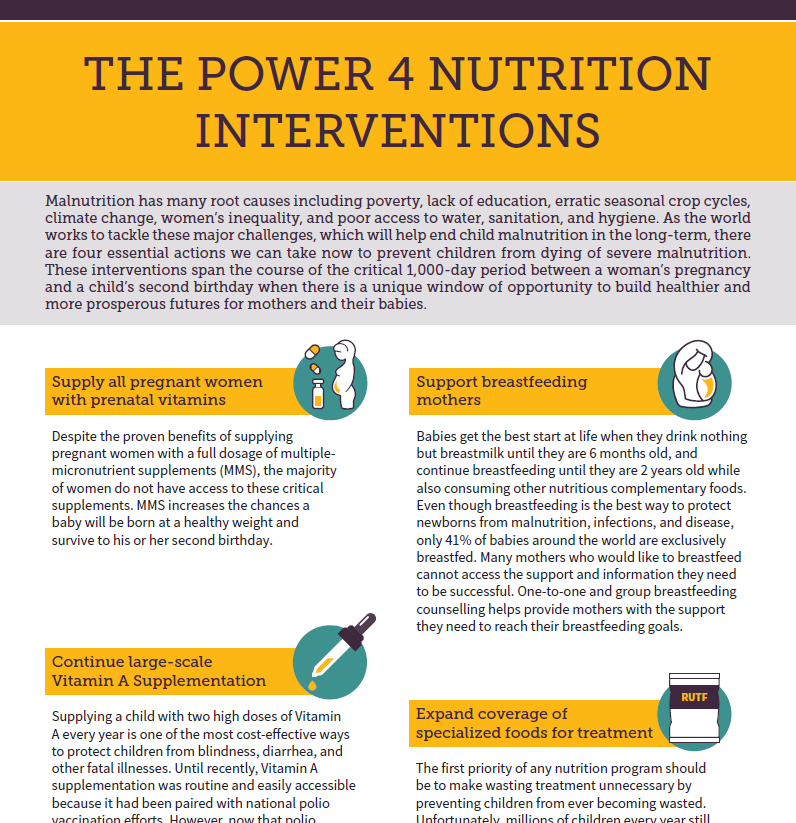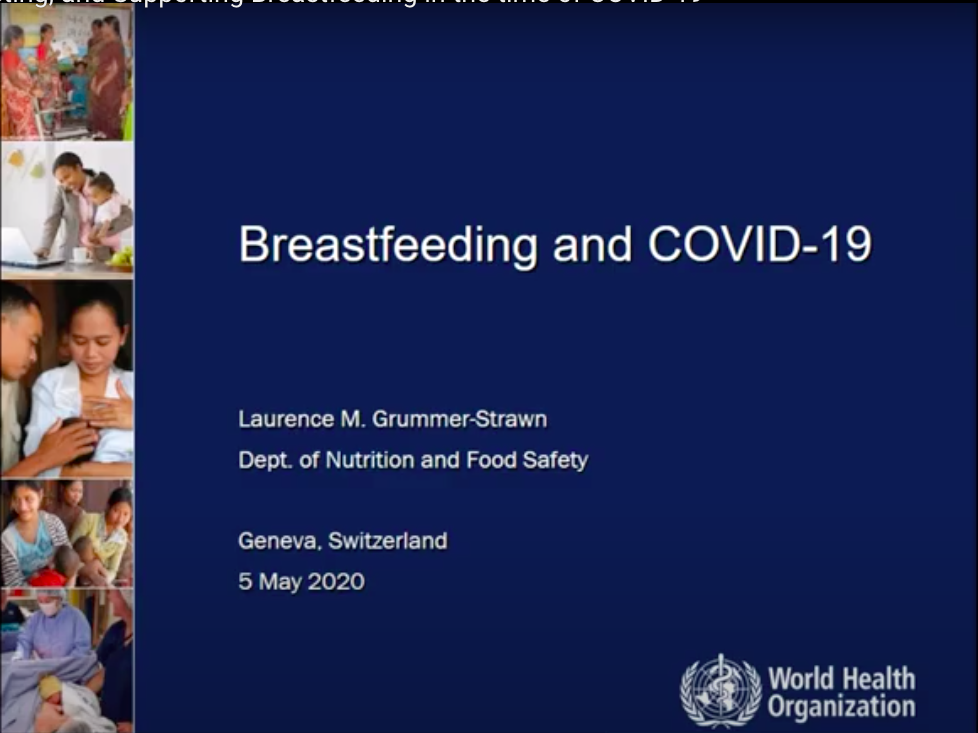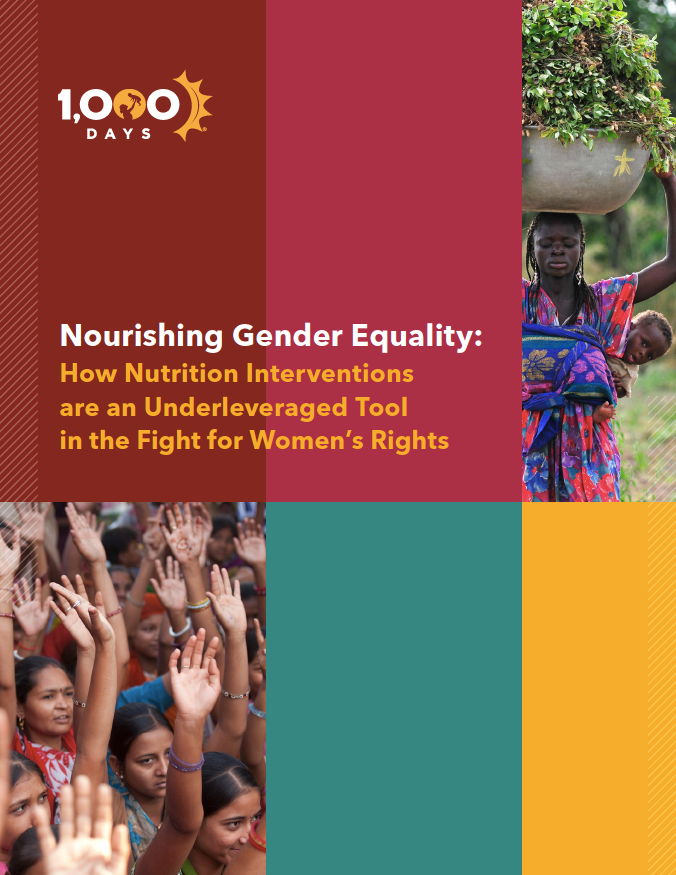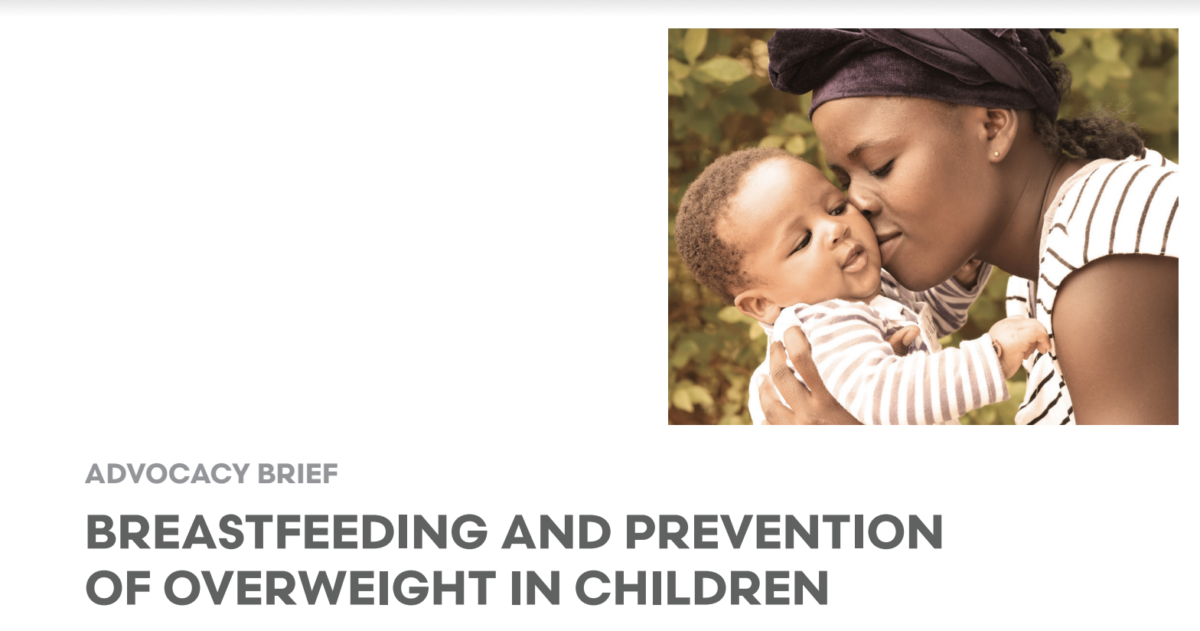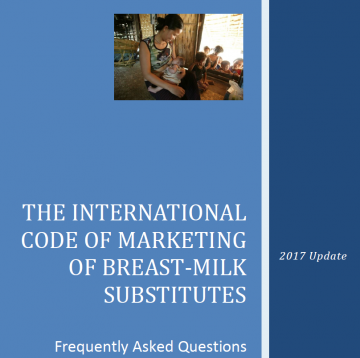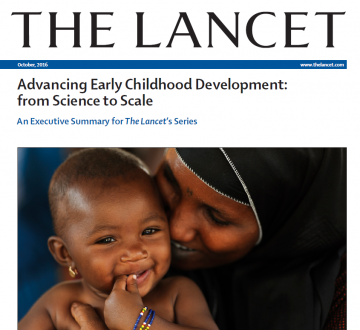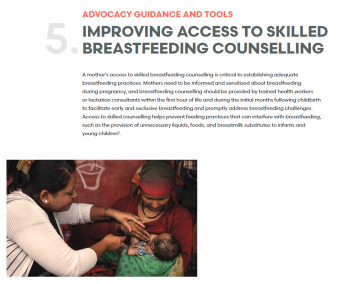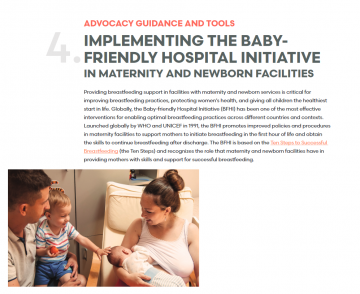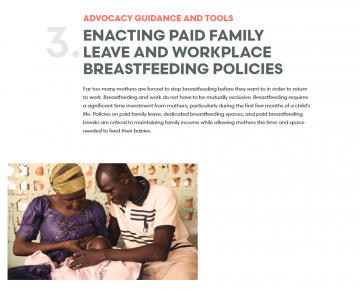The Power 4 Nutrition Interventions
Malnutrition has many root causes including poverty, lack of education, erratic seasonal crop cycles, climate change, women’s inequality, and poor access to water, sanitation, and hygiene. As the world works to tackle these major challenges, which will help end child malnutrition in the long-term, there are four essential actions we can take now to prevent children from dying of severe malnutrition. These interventions span the course of the critical 1,000-day period between a woman’s pregnancy and a child’s second birthday when there is a unique window of opportunity to build healthier and more prosperous futures for mothers and their babies.
- Supply all pregnant women with prenatal vitamins
- Support breastfeeding mothers
- Continue large-scale Vitamin A Supplementation
- Expand coverage of specialized foods for treatment

